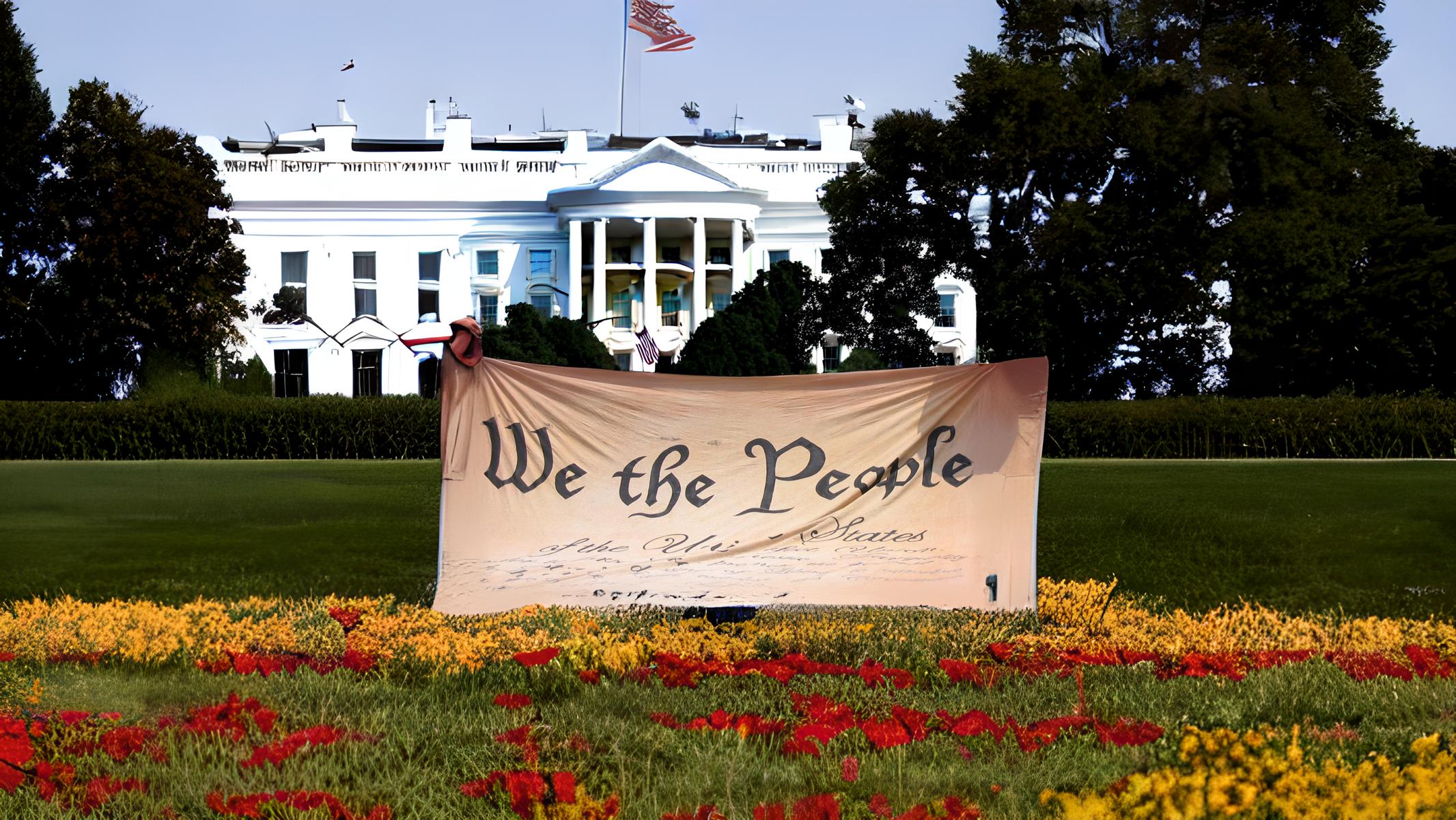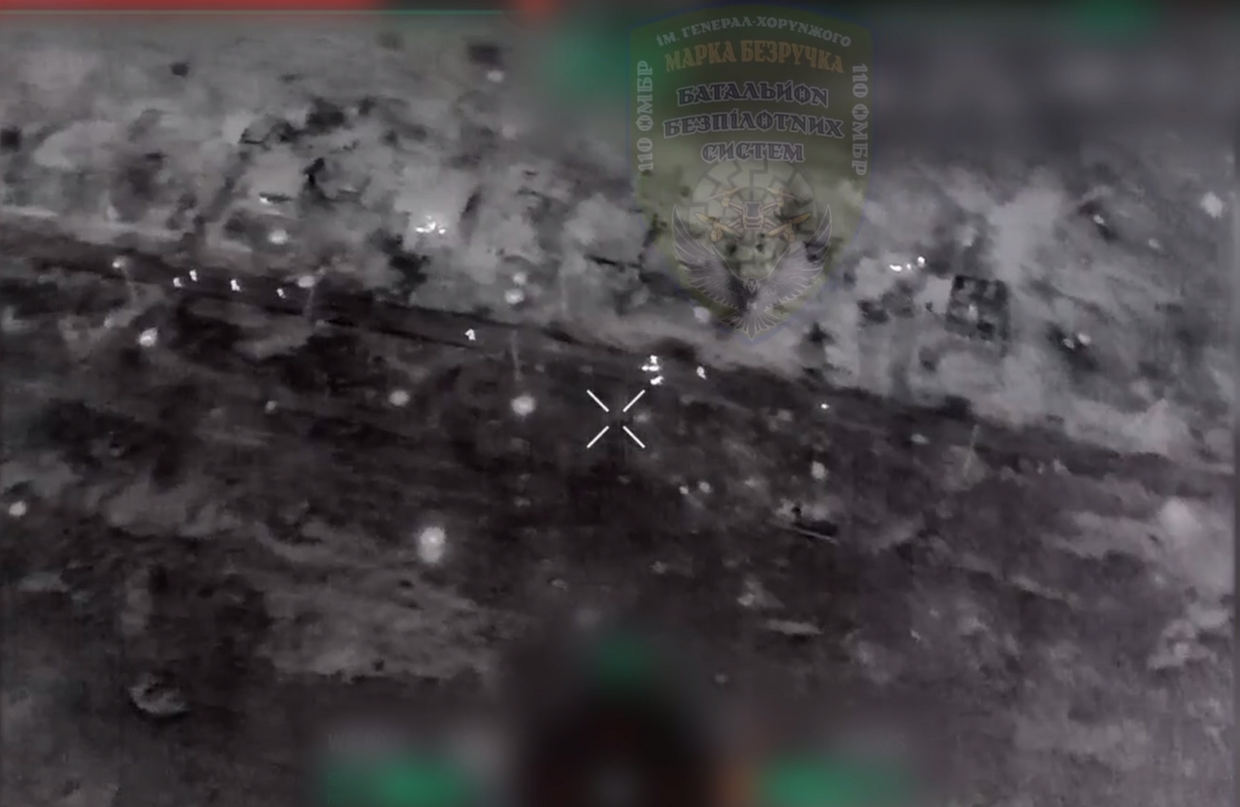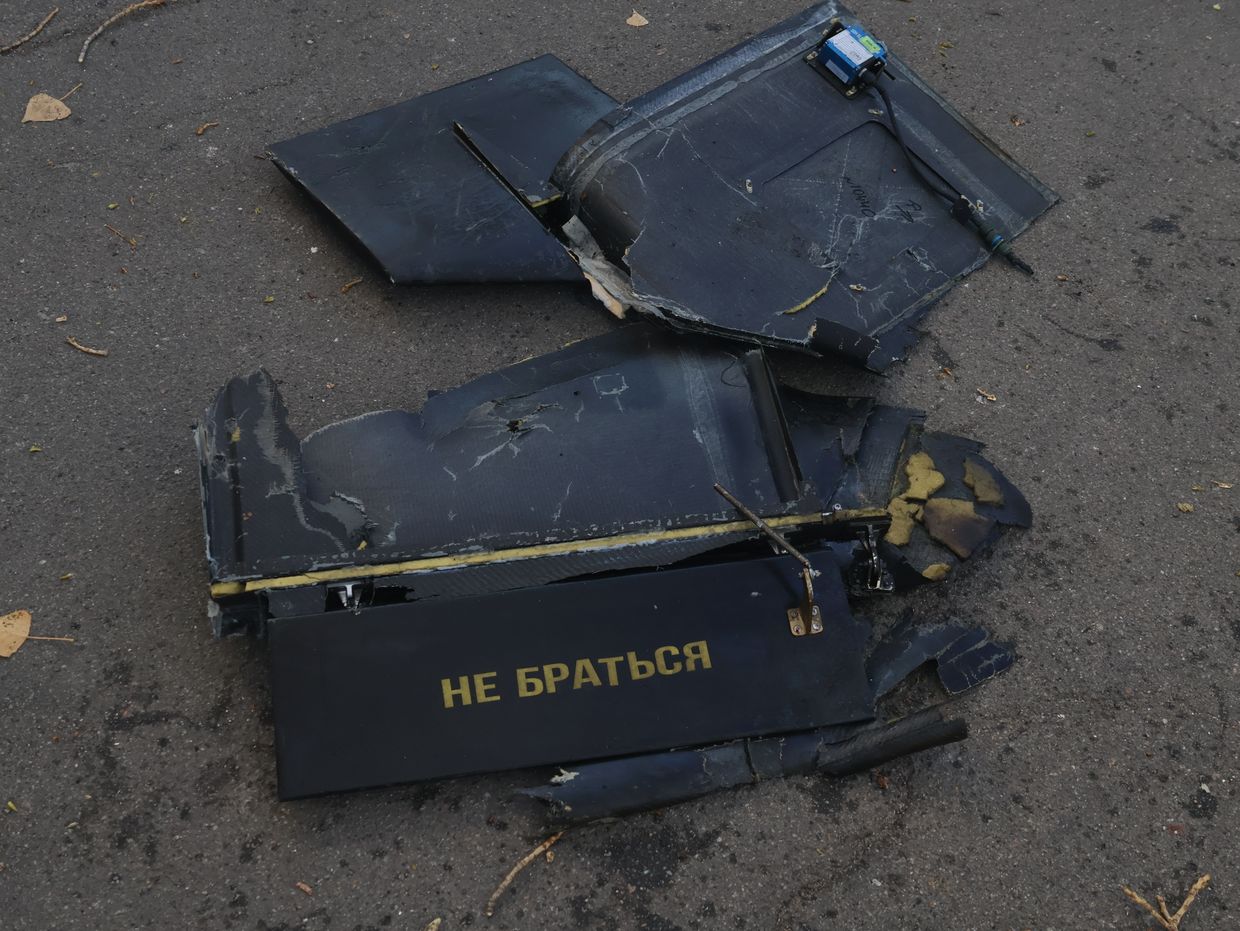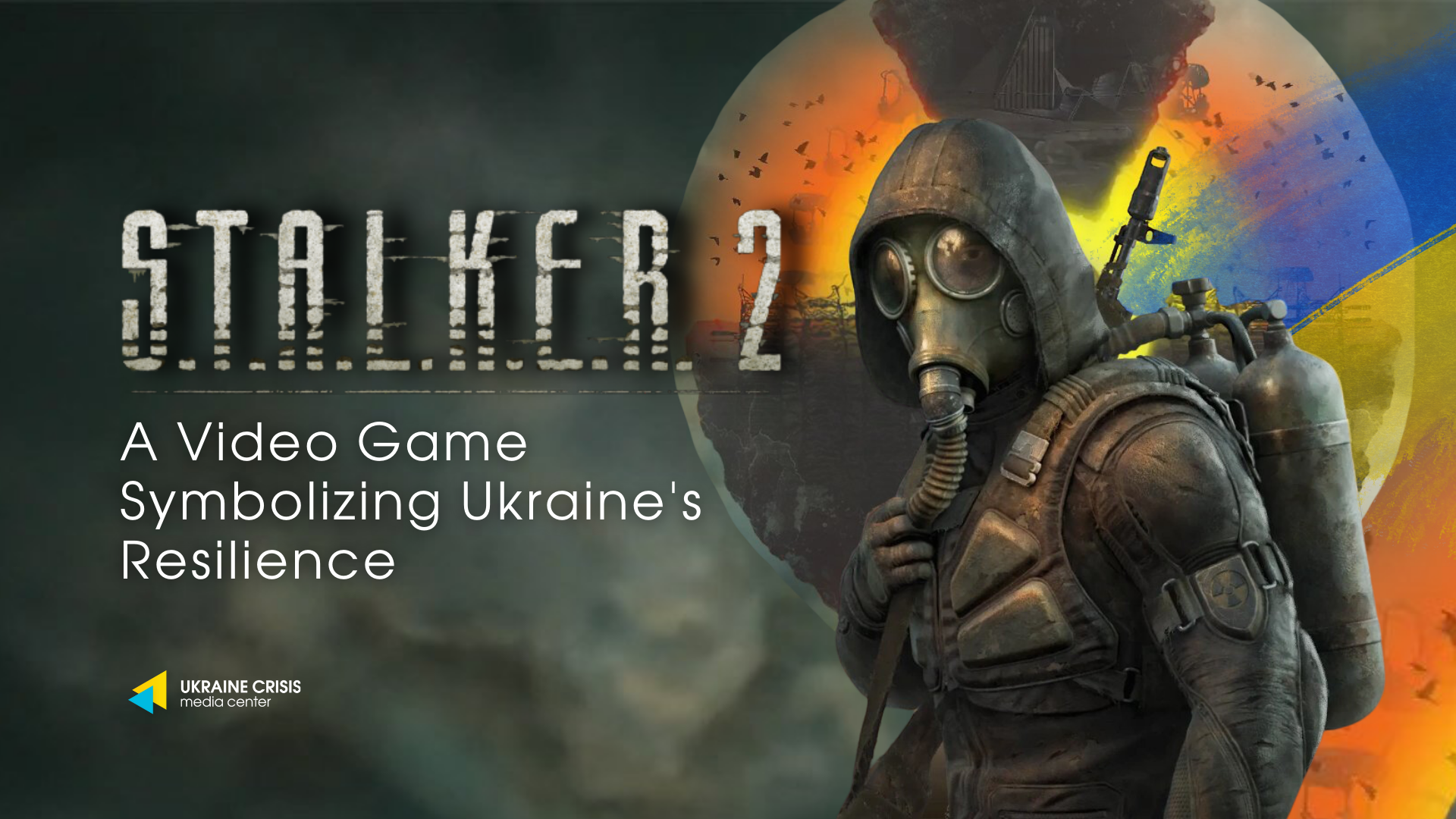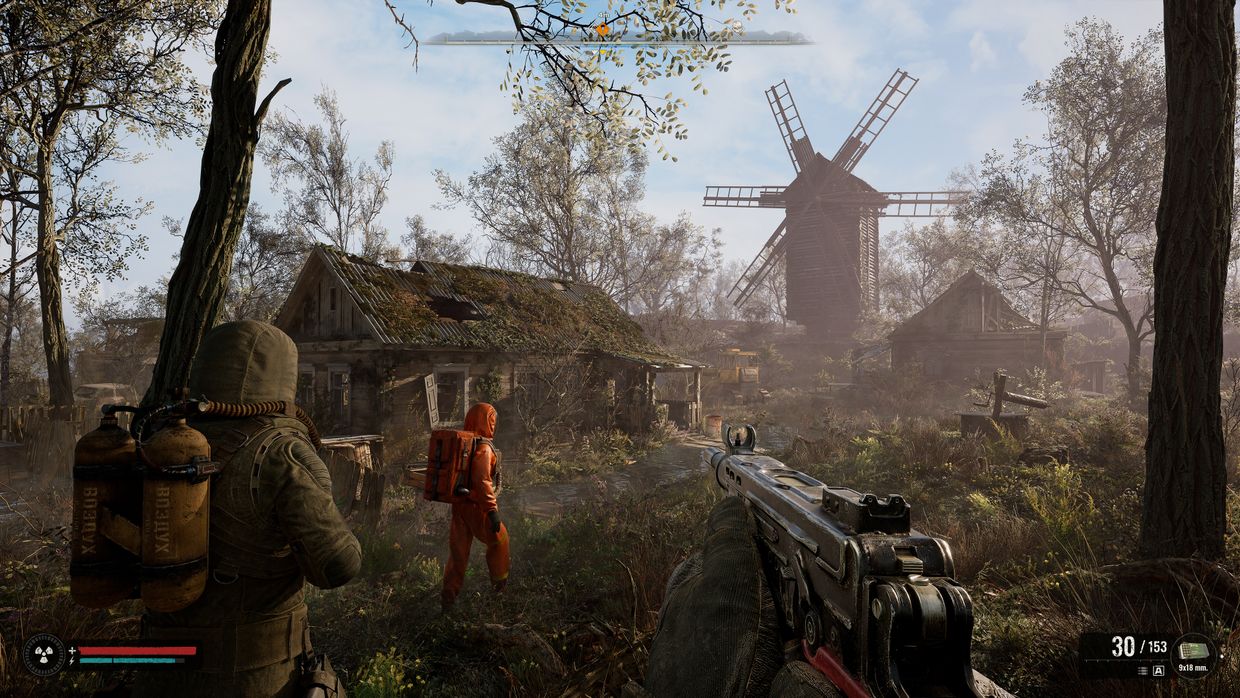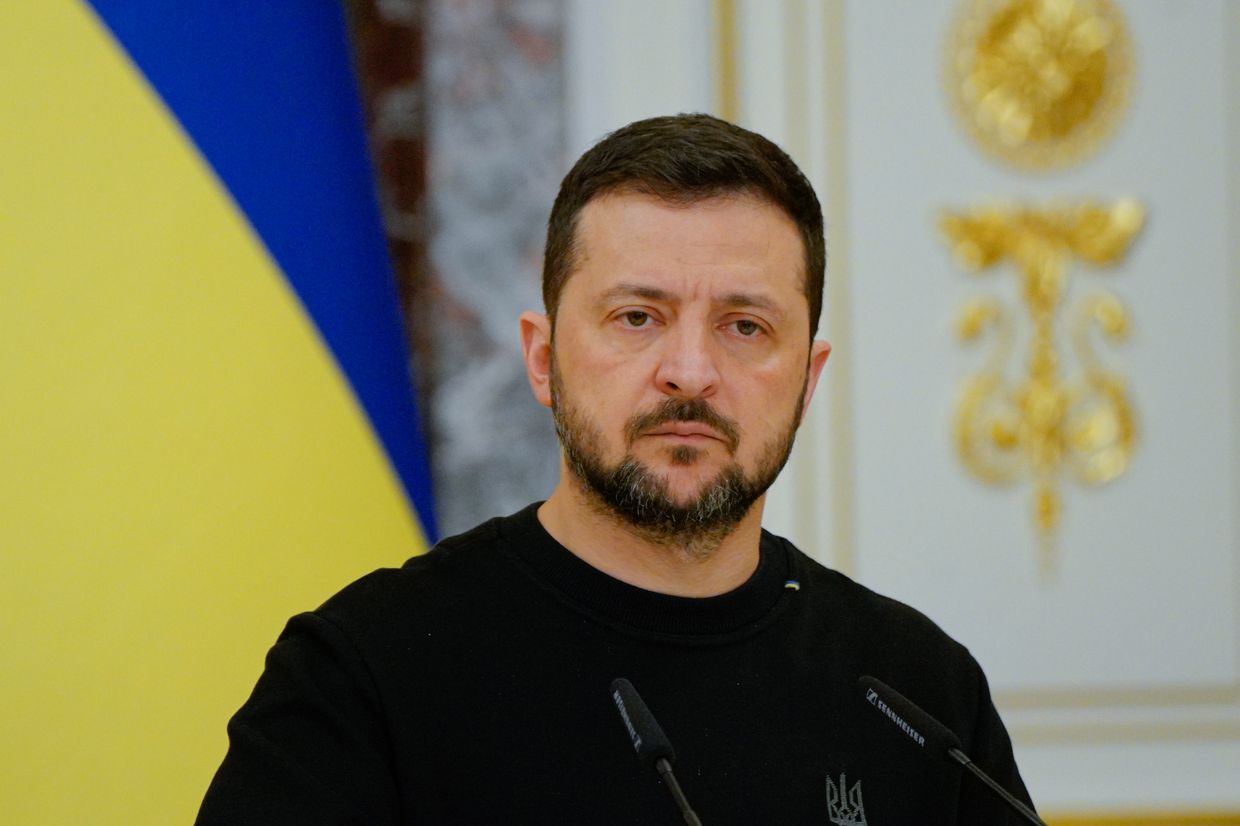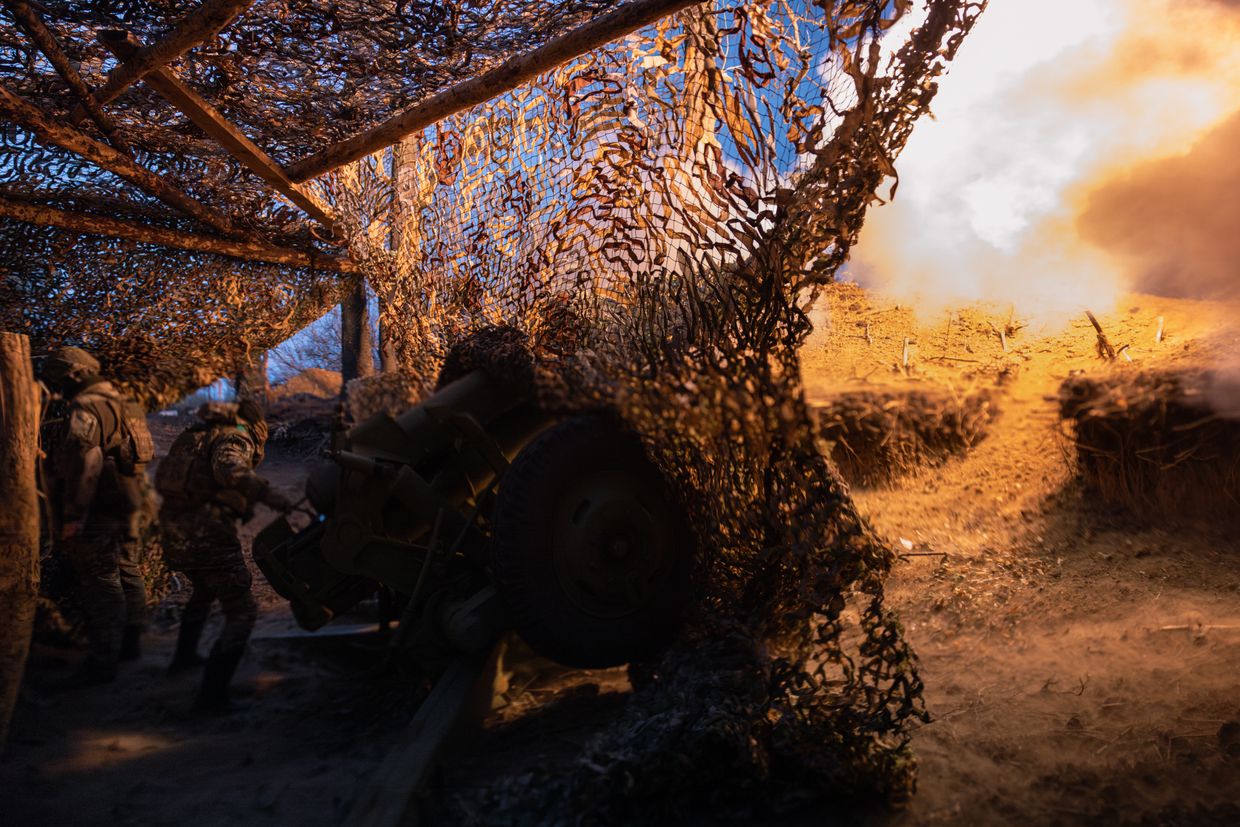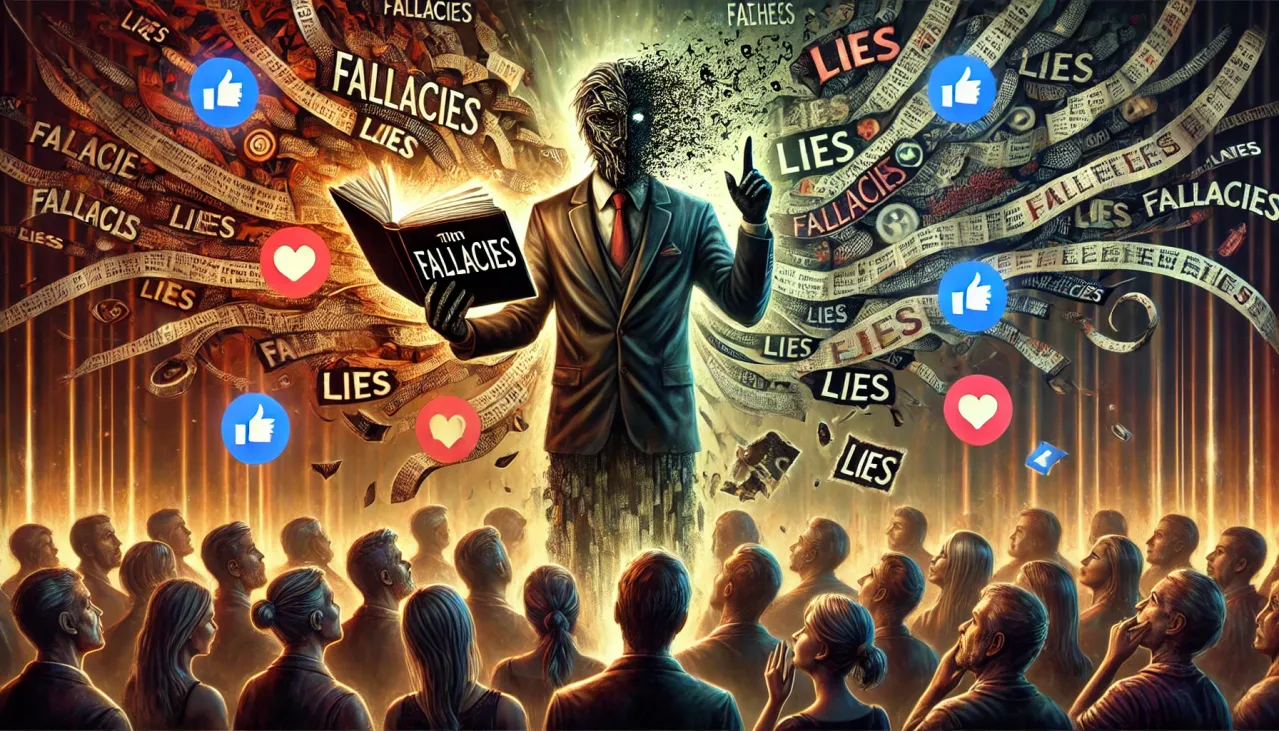However, his evasive answers and misleading claims revealed the ever growing gap between official narratives and the reality on the ground.
The televised event began with outlining the questions submitted by the Russian public, alleging that a mere 6 per cent of the questions submitted were related to the so-called ‘special military operation’, with most questions purportedly focussed on issues such as the cost of living, pensions, wage growth, mortgages, and healthcare. However, the fact that a substantial part of the live event covered questions relating to Russia’s war suggests it may weigh more heavily on the public’s mind than the figures imply. And keep in mind that calls and questions are generally staged or vetted in advance in efforts to manage the narrative regarding the war and assuage public concern.
Putin tellingly evades question on how war is going
In response to a TASS query about the war’s progress nearly three years in, Putin offered an evasive reply, stating that Russia was ‘advancing towards achieving the priority goals set out at the launch of the “special military operation”.’ A caller from Kursk later asked, ‘When can we come back to our homes?’, to which Putin responded that he could not specify a timeline, but insisted there was ‘no doubt’ Russia would eventually expel Ukraine from Kursk. As he refused to commit to a specific date, he actually feigned concern for incurring more Russian losses on the battlefield, were they to advance too quickly – a narrative that stretches as far back as May 2022.
Although evasive, Putin was careful to portray the war as proceeding successfully and according to plan – a frequent Russian narrative despite mounting evidence to the contrary. The fact that Putin has repeatedly made nuclear threats and initiated a partial mobilisation does not exactly indicate that all is perfectly going according to plan. (Also, let’s not forget that the Kremlin already learned its lesson not to count its chickens before they hatch). Russia’s recurring nuclear sabre-rattling was even alluded to during the programme, with one audience member asking whether the West had ‘understood Russia’s signal’ regarding the use of an Oreshnik ballistic missile in an attack on Ukraine, which Putin also challenged to reuse against Ukraine in a missile “duel” with the U.S.
Putin characterised the recent killing of Russian General Igor Kirillov as a terrorist act, citing risks to civilian lives. This forms part of a broader pro-Kremlin disinformation narrative accusing Ukraine of violating international humanitarian law while portraying Russia as upholding it. Such manipulative rhetoric aims to distract from documented Russian war crimes, including mass executions, torture, the targeting of civilian infrastructure, and the forced abduction of Ukrainian children.
On the question of negotiating peace with Ukraine, Putin asserted, ‘We are ready for negotiations. The main thing is that the other side should also be ready, both for negotiations and for compromises.’ This reflects another recurring Kremlin disinformation narrative that Russia is interested in peace, while Ukraine and its allies are not. In fact, Russia illegally annexed Crimea, and facilitated an uprising in Donbas in 2014, while European countries helped broker a ceasefire agreement between Ukraine and the separatists supported by Russia. In reality, Russia has constantly escalated its war, such as recently through the deployment of DPRK troops, and continues to pursue territorial expansion with the intention to occupy more Ukrainian land, while Ukraine has defended its sovereignty and publicly presented several peace plans. Additionally, Putin did not miss the opportunity to repeat the thoroughly debunked claim that former UK Prime Minister Boris Johnson derailed previous negotiations.
Putin lauded reconstruction efforts in occupied Mariupol, a city all but destroyed by relentless Russian bombing, and which is frequently portrayed by Russia as a place of peaceful opportunity and utilised for propaganda purposes in efforts to remake it as a “Russian city”. A clear case of whitewashing Russian imperialism as concern for the quality of life for ordinary citizens.
Falsehoods on Russian media freedom and troops in Syria
When questioned by an American reporter from NBC, Putin claimed the journalist’s presence demonstrated Russia’s respect for media freedom, including for Western journalists, and this despite what he alleged as the ongoing persecution of Russian journalists in the West. This assertion is belied by Russia’s record of arresting journalists – both foreign and domestic – and systematically suppressing independent reporting and banning foreign media outlets. The recurring claim that the EU and the West persecutes Russian journalists has been debunked several times.
Putin distanced himself from Bashar al-Assad, the ousted Syrian president and, until recently, one of his few remaining allies on the world stage, claiming he had not met with Assad since granting him asylum in Russia. He dismissed claims that Assad’s fall would mark a failure for Moscow, asserting that Russia’s intervention had prevented the emergence of a terrorist enclave and achieved its objectives. Putin even asserted that Russia had never deployed troops in Syria, offering yet another piece of disinformation that has been debunked.
A deceptively rosy picture of the Russian economy
Putin praised the successes of the Russian economy despite sanctions, proclaiming that Russia’s economy grew by 3.6 per cent last year and would expand by 4 per cent this year. He contrasted this with the United States’ 5–6 per cent growth over the last two years and the European Union’s 1 per cent growth, with 0 per cent in Germany. However, official statistics on GDP growth and inflation should be questioned and taken with a heavy grain of salt. Analysts argue Russia’s GDP growth reflects military spending, and not necessarily economic strength, while inflation is likely far higher and growth markedly lower than official figures suggest, raising suspicions of data manipulation. Economic imbalances, including fiscal stimulus paired with monetary tightening, point to underlying instability – and Russia’s dwindling financial reserves, strained by war expenditures and international sanctions, are likely underreported, as these economic realities distract from Moscow’s rosy portrayal.
Putin further claimed that Russian wages had risen by 9 per cent over the past year. Experts, once again, have cast doubt on these figures, noting a mismatch with broader economic indicators and inflation rates. High inflation, driven by sanctions and supply chain disruptions, has likely eroded the real purchasing power of the Russian people, while observers have argued that selective data reporting or methodological adjustments may be exaggerating wage growth, undermining the reliability of Russia’s official statistics.
Russia’s economy has suffered significantly under international sanctions. The rouble has weakened, inflation is high, and foreign direct investment has fallen sharply – despite Moscow’s efforts to attract capital. Since the full-scale invasion of Ukraine began, hundreds of thousands of Russians have fled the country, while Western sanctions targeting the banking sector, technology imports, and energy exports have compounded Russia’s economic problems, highlighting the economic costs of the Kremlin’s decision to wage its full-scale war.
The post Putin’s annual show: an unconvincing defence of Russia’s war and economy appeared first on EUvsDisinfo.
Content Original Link:
https://euvsdisinfo.eu/putins-annual-show-an-unconvincing-defence-of-russias-war-and-economy/


